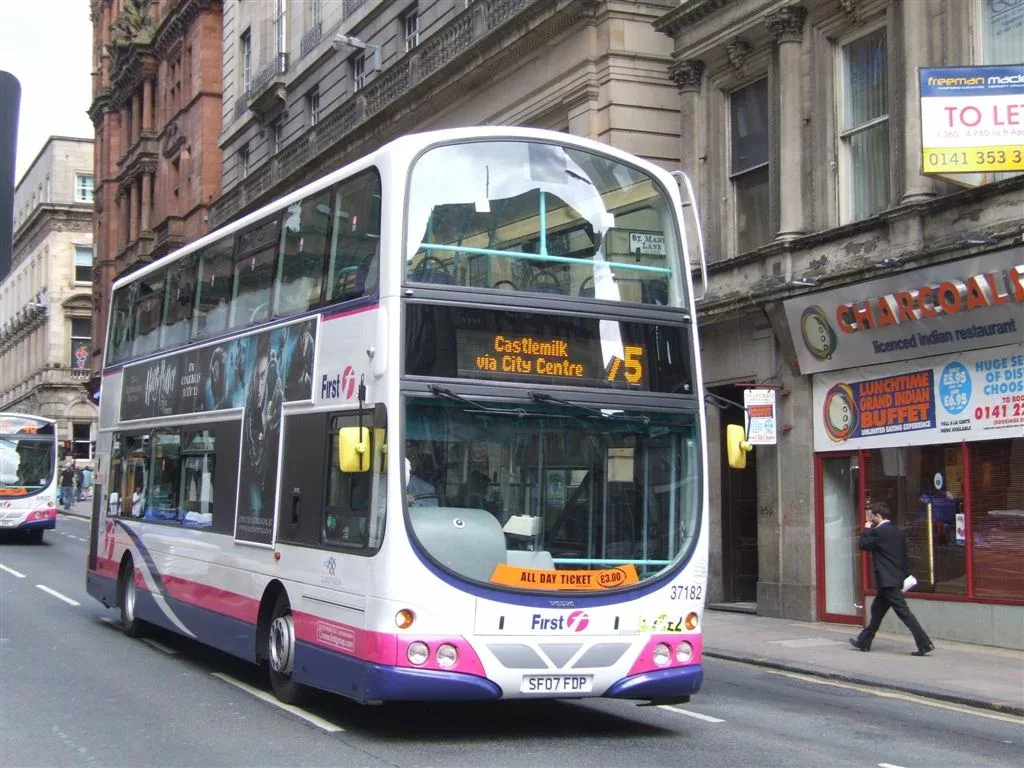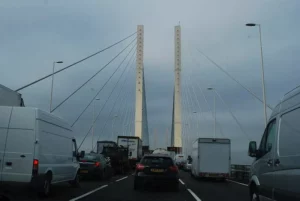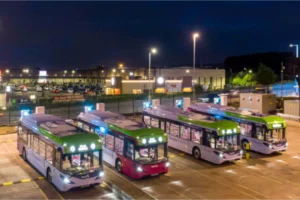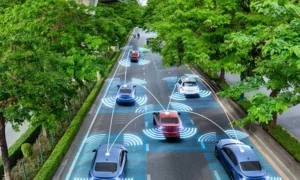A ‘radical rethink’ of Scotland’s approach to transport spending is needed to match the challenges of passengers post-covid say some MSPs.
The Rural Economy and Connectivity Committee has called on the Scottish Government to review its transport spending priorities in light of the impact of the coronavirus pandemic on work and travel patterns and demand for transport services.
As part of the committee’s scrutiny, MSPs heard evidence from a range of organisations on the financial implications of Covid-19 for the rural economy and transport operators, reports the Inverness Courier.
As well as possible long-term changes to work commuting behaviour, they believe the mix of home and office working has underlined the importance of good digital connections in remote and rural areas.
In a letter to the Scottish Ministers, the committee called for the impact of the pandemic to be reflected in the next Scottish Budget, which will be published in January.
Committee convener, the Highland MSP Edward Mountain, said: “The committee is of the view that a combination of the change in transport use brought about by the Covid-19 pandemic and the level of ambition in the commitment that Scotland should become a net zero society by 2045 will require a radical rethink of future transport spending priorities, including a further prioritisation of investment in active travel, modal shift in freight transport and in favour of the repair and maintenance of existing transport infrastructure compared to construction of new infrastructure. The committee would like to see this change in priorities already starting to be reflected in the Scottish budget for 2021-22.
“In light of the far-reaching impacts the Covid-19 pandemic has had on working behaviours, the committee urges the Scottish Government to create suitable structures to enable much closer policy coordination between transport and digital connectivity with a view to ensuring optimal use of finite financial resources to facilitate an anticipated long-term shift for many people towards a ‘blended work model’ combining an element of home working and an element of travel to work.”





















